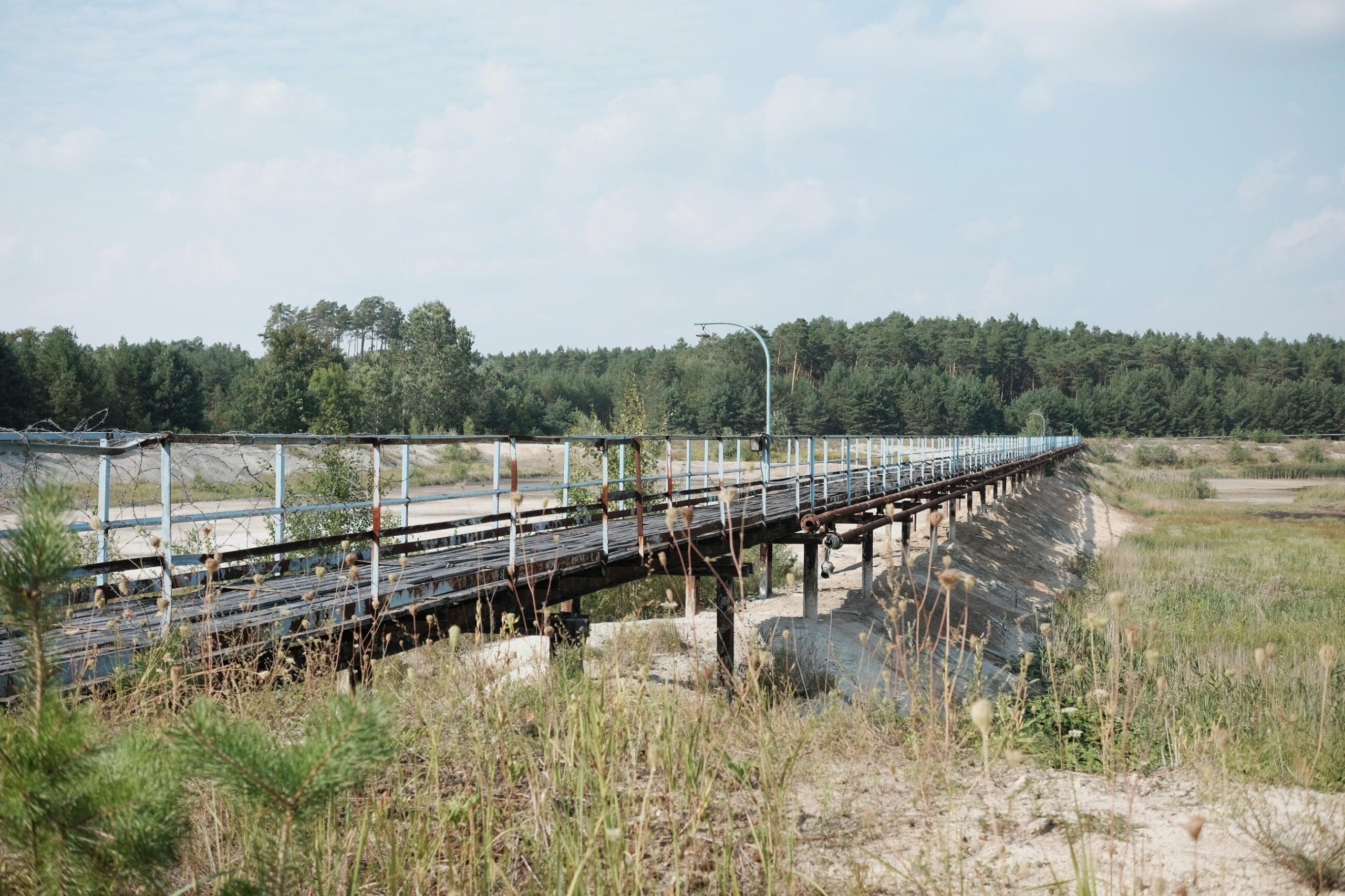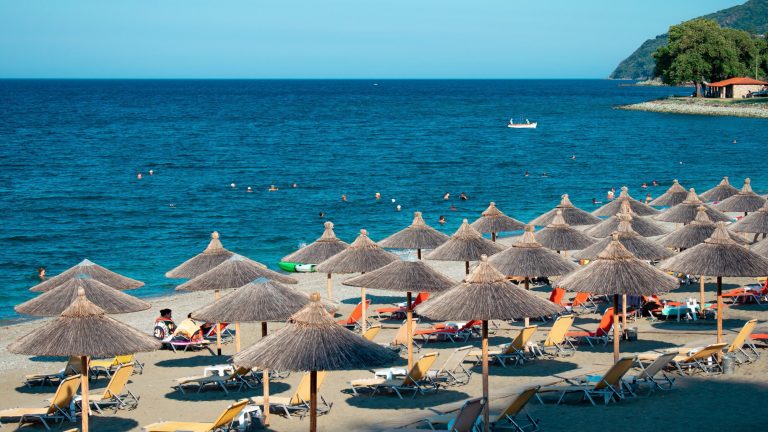The authorities of Bydgoszcz appeal to the government to deal with the ecological bomb. There is a response from the ministry

Local government officials spread their hands because Bydgoszcz would have to collect money for 20 years to clean up the contaminated area of the former Zachem. The prosecutor’s office is also helpless, which is why the local authorities are appealing for the government to finally take care of the ecological bomb. What is happening at the government level in this matter? We asked the Ministry of Climate and Environment about this.
Bydgoszcz has been sitting on an ecological bomb for years, which we recently wrote about in “Wprost”. Scientists are alarming that the pollutants that have penetrated the groundwater are a toxic soup flowing towards the Vistula. The Mayor of Bydgoszcz did not hide that “the explosion of an ecological bomb is inevitable”. But he explained that the local authorities were helpless in the face of the enormity of the problem.
Similarly, the prosecutor’s office conducted proceedings that did not bring a breakthrough. Therefore, the local authorities appeal to the government to finally clean up the areas of the former Zachem Chemical Plant in Bydgoszcz.
We asked the Ministry of Climate and Environment about what is happening at the government level in this matter. In its response, the ministry points out at the outset that the area of the former Zachem is “a large area with real estate of varying legal status”. “Currently, different entities manage landfills or polluted areas, and different entities are responsible for removing individual, diverse threats,” the ministry notes. He adds that it is the “complicated ownership status, the size of the area, the variety of pollutants and the time of their creation, the variety of objects occurring in these areas” that make the area “particularly problematic”.
The area of the former Chemical Plant in Bydgoszcz resembles Inowrocław, Bochnia or Sandomierz in size. Almost everything was produced on less than 30 square kilometers. From 1939 to 2014, TNT was produced here for the production of bombs for the army and mining, as well as foams, dyes, glues and even fishing lines.






